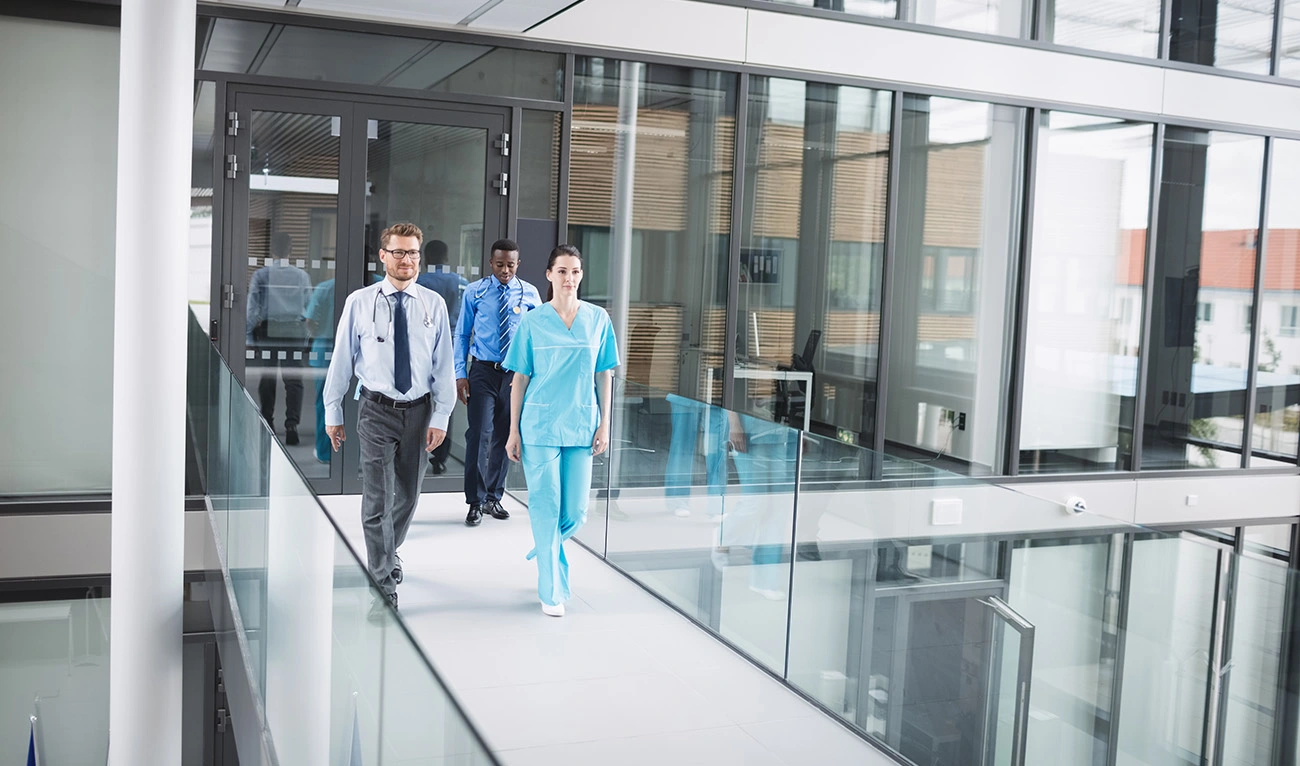Post-procedure follow-up and support are critical components of the medical tourism experience. International patients often require comprehensive care after their treatments to ensure optimal recovery, avoid complications, and achieve the best possible outcomes. Medical tourism facilitators play a vital role in providing this support and guiding patients through their post-procedure journey. In this article, we will explore the many ways facilitators contribute to post-procedure follow-up and support in medical tourism.
Key Responsibilities of Medical Tourism Facilitators in Post-Procedure Follow-Up and Support
- Coordinating Post-Procedure Care
One of the primary responsibilities of medical tourism facilitators is coordinating post-procedure care for international patients. This may involve scheduling follow-up appointments with healthcare providers, arranging for medical tests and imaging, and coordinating referrals to specialists if needed.
- Ensuring Clear Communication between Patients and Healthcare Providers
Clear communication between patients and healthcare providers is crucial during the post-procedure phase. Facilitators can help bridge language and cultural barriers, ensuring that patients fully understand their discharge instructions, medication regimens, and any necessary lifestyle changes.
- Managing Medical Records and Documentation
Facilitators play an essential role in managing medical records and documentation for international patients. This may involve obtaining copies of medical reports, test results, and imaging studies from healthcare providers, and ensuring that patients have access to their complete medical history for follow-up care in their home country.
- Assisting with Care Coordination
Medical tourism facilitators can assist with care coordination, helping patients navigate the often complex process of coordinating care between healthcare providers in their home country and the destination country. This may involve communicating with primary care physicians, specialists, and insurance companies to ensure seamless transitions and continuity of care.
- Providing Telemedicine and Remote Consultation Support
Telemedicine and remote consultations are increasingly important in medical tourism, particularly for post-procedure follow-up and support. Facilitators can help patients access telemedicine services, schedule remote consultations with healthcare providers, and ensure they receive the necessary care and guidance during their recovery.
- Offering Cultural Sensitivity and Patient Advocacy
Cultural sensitivity and patient advocacy are essential components of post-procedure support in medical tourism. Facilitators can help patients navigate cultural differences and advocate for their needs, ensuring they receive appropriate care and are treated with dignity and respect throughout their medical journey.
- Monitoring Treatment Outcomes and Patient Satisfaction
Medical tourism facilitators play a key role in monitoring treatment outcomes and patient satisfaction. By maintaining regular contact with patients and healthcare providers, facilitators can help identify and address any issues or concerns that may arise during the post-procedure phase, ultimately contributing to better patient outcomes and improved satisfaction.
Implementing Best Practices for Post-Procedure Follow-Up and Support
- Developing Clear Protocols and Procedures
To provide the best possible post-procedure follow-up and support, medical tourism facilitators should develop clear protocols and procedures for managing patient care. This may include establishing guidelines for communication, medical record management, and care coordination.
- Maintaining Strong Relationships with Healthcare Providers
Facilitators should maintain strong relationships with healthcare providers in both the destination country and the patient's home country. This enables seamless coordination of care and ensures that patients have access to the resources and support they need throughout their post-procedure journey.
- Leveraging Technology to Streamline Communication and Care
Facilitators can leverage technology to streamline communication and care for international patients. This may involve utilizing telemedicine platforms, electronic medical record systems, and mobile apps designed to facilitate communication and care coordination.
- Providing Ongoing Training and Education for Facilitators
Ongoing training and education are essential for medical tourism facilitators to stay current on best practices in post-procedure follow-up and support. This may involve attending industry conferences, participating in webinars, and seeking certification programs to enhance their knowledge and skills.
- Soliciting Feedback from Patients and Healthcare Providers
Facilitators should regularly solicit feedback from patients and healthcare providers to identify areas for improvement in post-procedure follow-up and support. This feedback can be invaluable in refining processes and protocols to better serve the needs of international patients.
Leveraging Global Healthcare Resources for Medical Tourism Consulting
Are you ready to enhance your medical tourism business and provide exceptional post-procedure follow-up and support for international patients? Global Healthcare Resources is the leading consulting firm in medical tourism, offering expert assistance to help organizations grow their international patient programs and medical tourism businesses. Discover how Global Healthcare Resources can help your organization excel in the competitive healthcare industry by visiting https://www.globalhealthcareresources.com/medical-tourism-consulting.
Connect with Referral Organizations through the Global Provider Network
Expand your reach and connect with referral organizations such as facilitators, employers, insurance companies, and other medical tourism buyers through the Global Provider Network. This powerful platform can help you build strong relationships with key players in the industry and boost your medical tourism business. To explore the benefits of joining the Global Provider Network, visit https://www.globalhealthcareresources.com/gpn.
If you want to learn how you can become a Certified Medical Travel Facilitator click on the link this link www.globalhealthcareaccreditation.com/medical-travel-facilitator-certification








